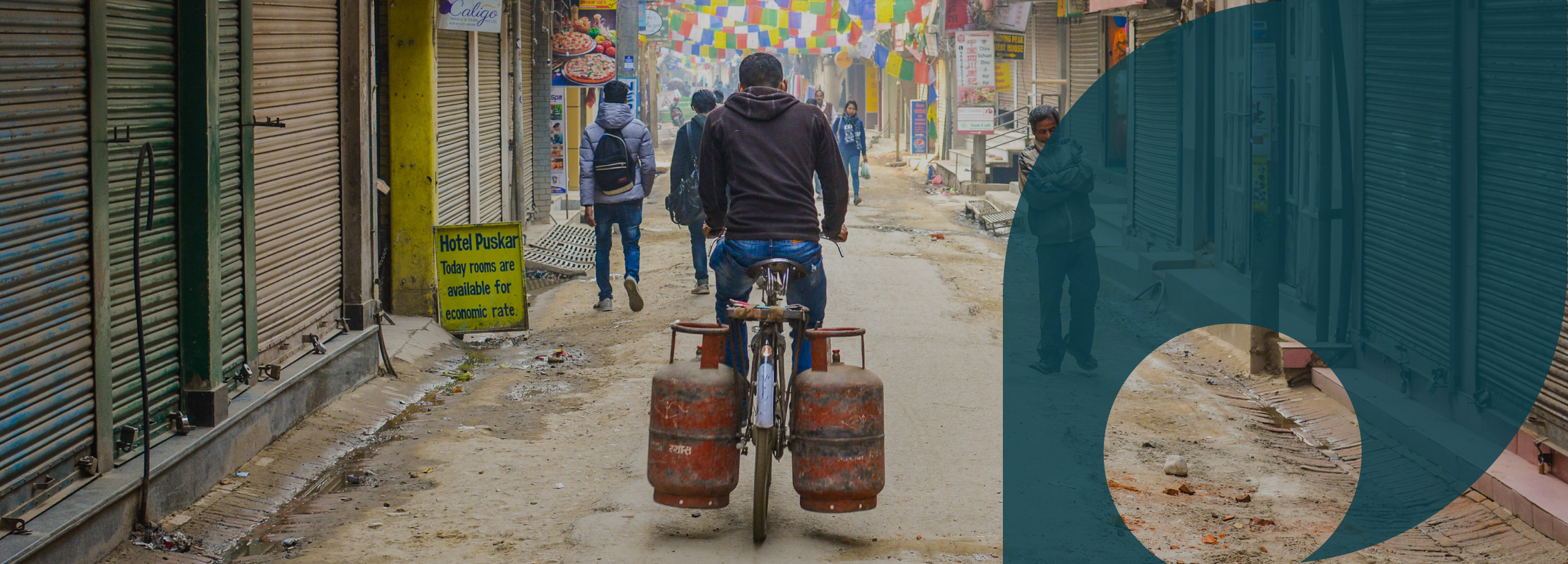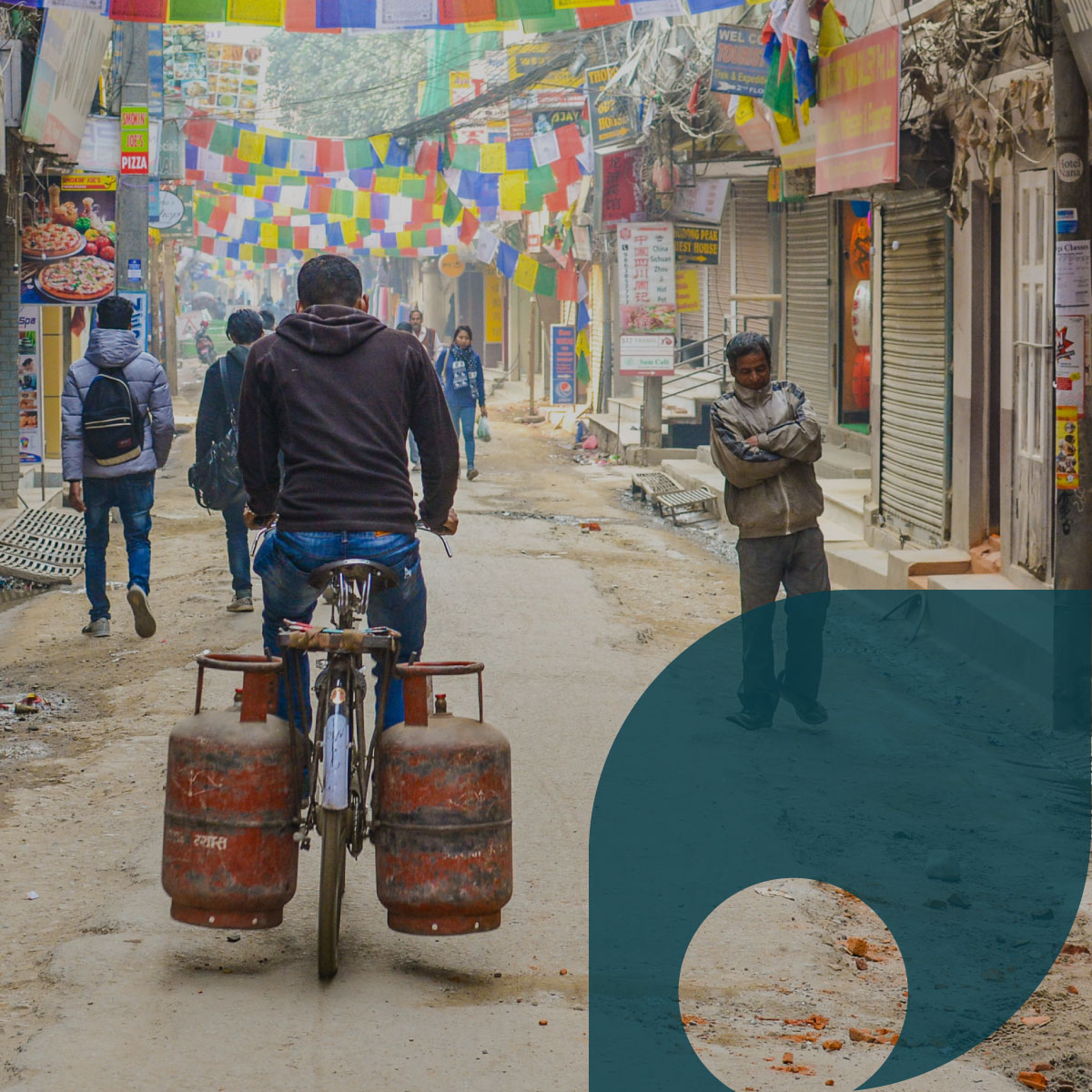
CROSS-CUTTING

Chorus


Low-income urban residents and communities are frequently overlooked and under-represented in the data available to plan and monitor health improvement in cities. Within CHORUS, many of our projects will work with urban communities, health providers and local government to strengthen data systems to plug these data gaps. This includes exploring ways to increase representation of those facing multiple disadvantages – based on their gender, caste, religion, disability and occupation. Data has the potential to link together public and private providers improving patient care and plugging gaps in health service delivery.
Please see:
Nepal Project 2 ‘Strengthening urban health systems with an Urban Data Hub’
Outputs:
ARK’s SIMPLE Solution to the Urban Data Dearth
Achieving Data Excellence for Stronger Health Systems
Across the urban health system health providers struggle to deliver quality health care and prevention to their rapidly expanding populations whose health needs are changing. These populations are increasingly vulnerable to non-communicable diseases, whilst still exposed to multiple infectious diseases. Motivating community health workers and volunteers – frequently female and with limited pay and career progression – within this complex urban setting is a key issue for CHORUS. Our projects will look at systems of supervision, monitoring as well as recruitment and HR policies and practices.
Within all the CHORUS cities, health outcomes and the health behaviours, exposures and access to quality health care which underpin them, are determined by individual and community identities. These in turn are shaped by wider social, political and economic structures and norms. Gendered identities intersect with other social stratifiers, including disability, ethnicity, religion, caste, and socio-economic status, resulting in inequity in health and well-being. Rapid urbanisation is changing gender and social norms; this presents opportunities to transform patterns of discrimination and disadvantage. However, differences are often so engrained within societies and embedded within structures and systems that we can become blind to their existence and the resultant inequities remain unchallenged. These inequities can be seen both within health systems and within our own research organisations. Identifying and addressing these inequities is a core principle of the CHORUS research consortium.
Please go to our Gender & Intersectionality page to read more on how we identify and address inequities across our projects
Financing of health care is complicated by the multi-agency responsibility for health sitting with both ministry and local government. A large, for-profit, private sector funded largely by patient fees adds to this complexity rendering healthcare unaffordable to poorer households. There is an interest in understanding how to develop financial risk, pooling learning both from the experience of other CHORUS countries and from schemes that have been developed in rural areas.
Please see:
Bangladesh Project 2 ‘Strategic Purchasing Models in urban Bangladesh ‘
IF Project ‘Resourcing Primary Healthcare in Madina’
IF Project ‘Public Expenditure Tracking in Urban Health System: A Case Study of Dhaka’